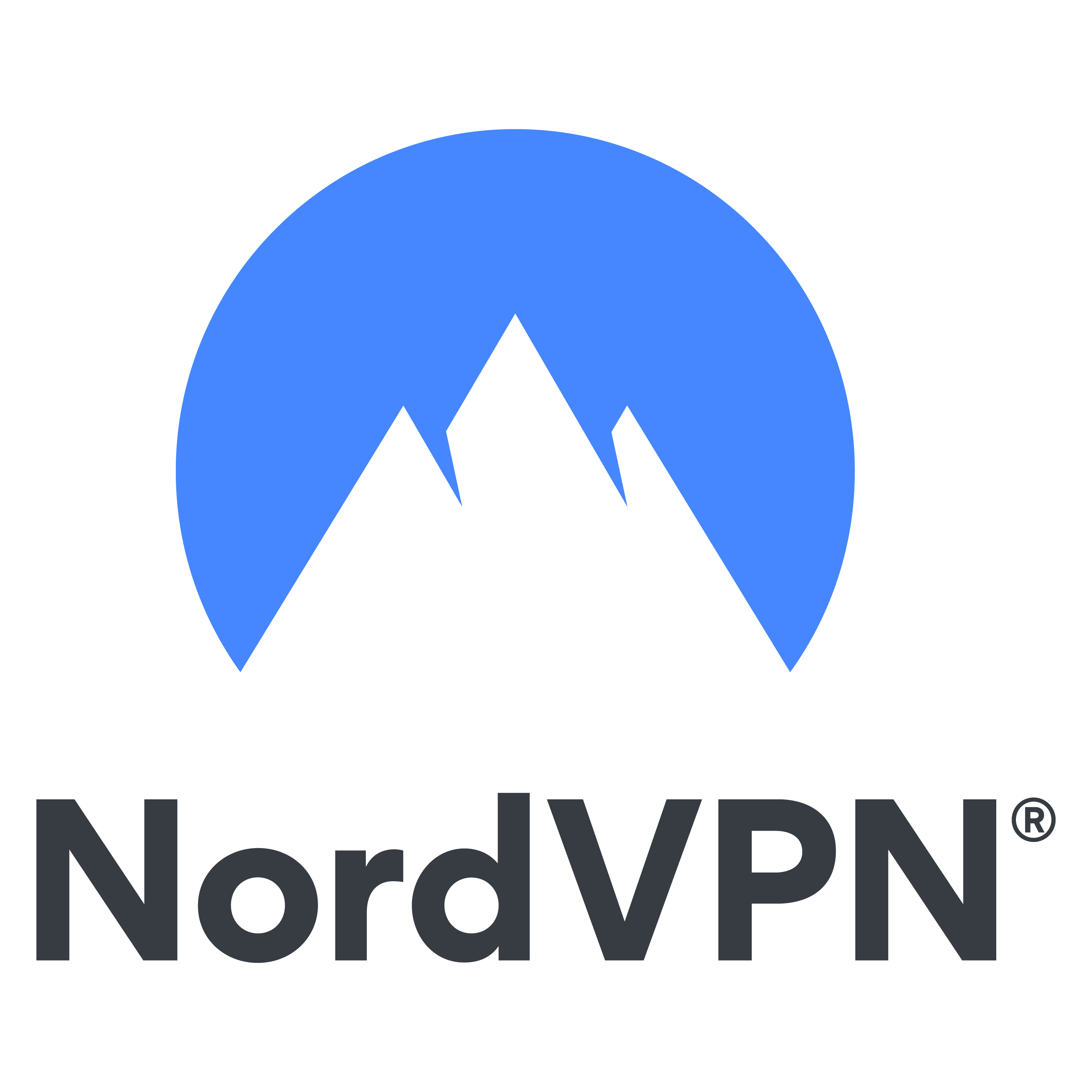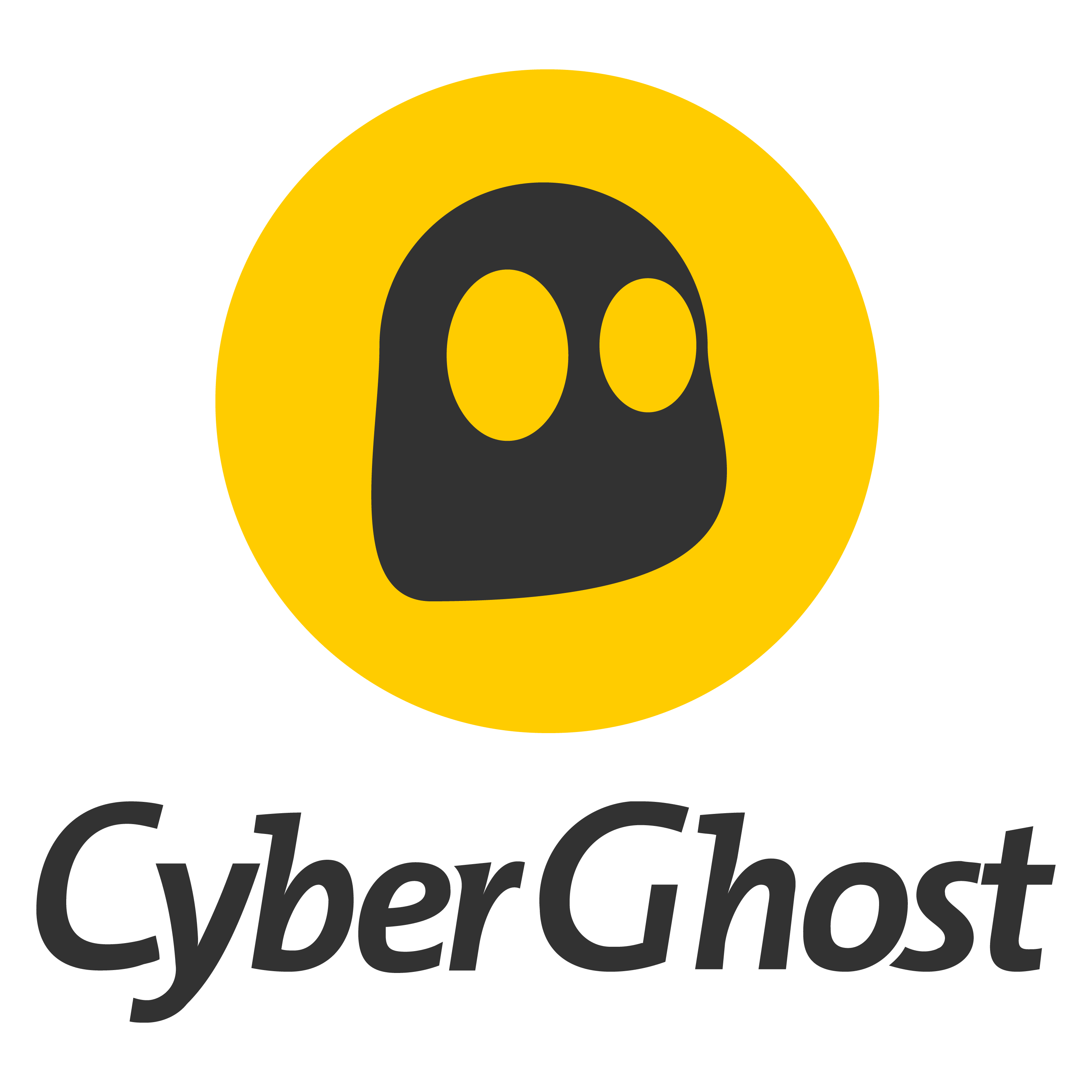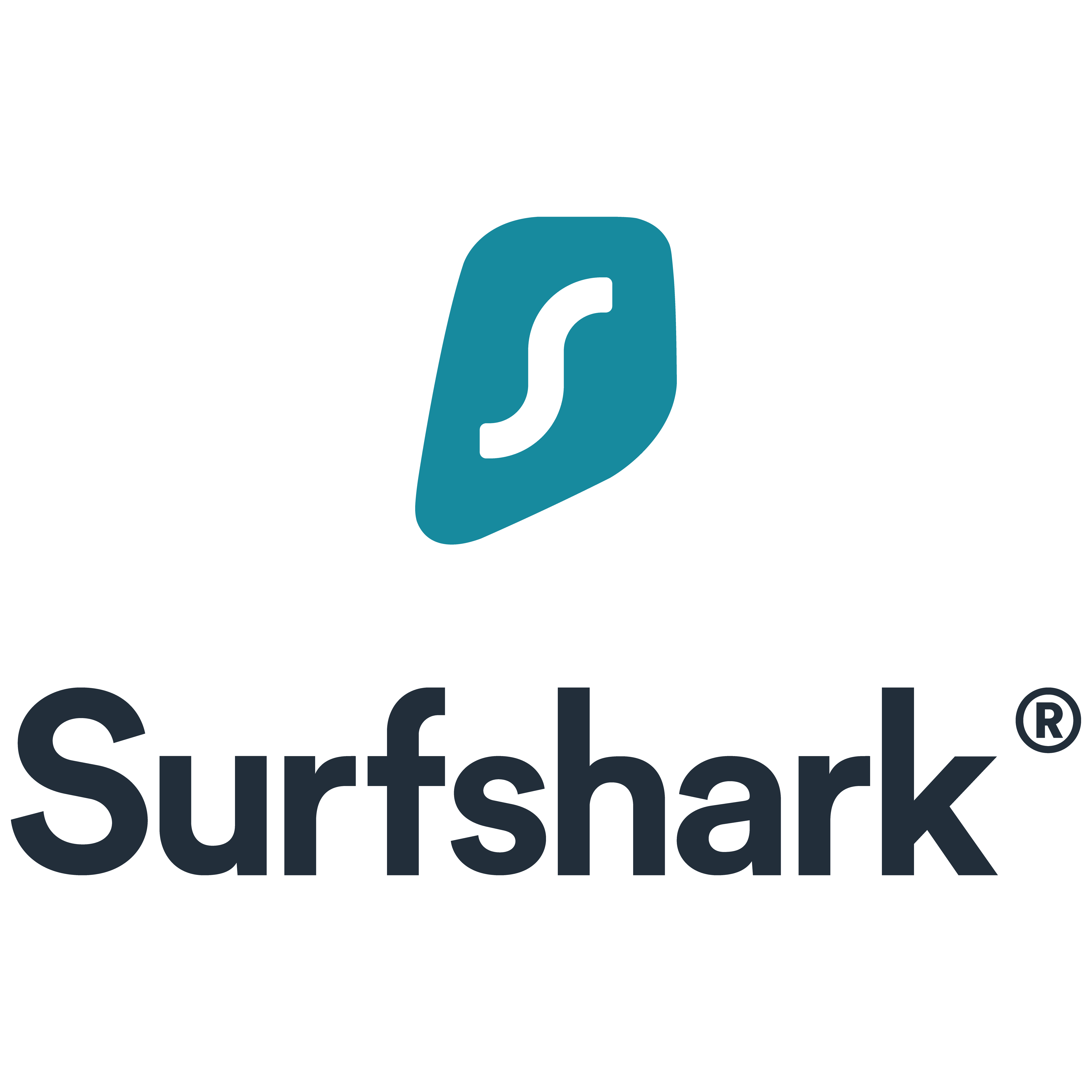Access to a free internet can be restricted in a lot of ways. In Cuba, access to the internet is usually restricted by the fact that it’s expensive, and not a lot of people can afford it. Even when they can, it’s usually from government-controlled terminals.
Additionally, the Cuban government is known to ban content that goes against the State’s point of view.
A good way to access that content anyway is to get a VPN, which hides your traffic by rerouting it through servers in other countries. To uncensor your internet in Cuba you can try out Surfshark, a good VPN that doesn’t break the bank.
Under the Castro government, Cuba has become one of the most oppressive environments for access to the internet in the world. Online access and activity are strictly regulated by exhaustive government regulation, and a combination of extremely slow connection speeds and hourly connection costs, equal to 10% of the minimum monthly wage, has made the internet inaccessible to most Cubans.
Slow, Expensive, and Heavily Biased
Most Cuban citizens can only afford to use the nationalized intranet, as accessing the global internet comes with a premium cost.
The state intranet comprises pages such as CubaDebate, a government-supported news site edited by the Cuban Journalists’ Association Against Terrorism; Reflejos, a blog hosting platform that is heavily monitored by the government, and EcuRed, an alternative to Wikipedia which aims to “create and disseminate knowledge from a decolonizing point of view.”
In recent years, since the opening of diplomatic links between the Cuban and American governments, Cuba has moved to prioritize the digitalization of Cuban society, and better internet coverage is a part of that digitalization.
However, the Cuban government is insistent that any further digitization “guarantee the invulnerability of the Revolution, the defense of our culture, and the sustainable socialism our people are constructing,” meaning that is it unlikely to result in free and uncensored access to the internet.
Why Does the Government of Cuba Censor the Internet?
![]() Cuba has been a communist country since 1959, and its political system is based on the principle of ‘one state-one party.’ The constitution of Cuba defines it as a “Marxist-Leninist socialist state guided by the political ideas of Marx, Engels, and Lenin” with the Communist Party of Cuba being the “leading force of society and of the state”.
Cuba has been a communist country since 1959, and its political system is based on the principle of ‘one state-one party.’ The constitution of Cuba defines it as a “Marxist-Leninist socialist state guided by the political ideas of Marx, Engels, and Lenin” with the Communist Party of Cuba being the “leading force of society and of the state”.
Since the revolution, the Cuban government has taken an active stance in combating “counter-revolutionary activities and propaganda.” Internet censorship in Cuba is primarily implemented to prevent its citizens from accessing anything that is directly critical of the current government, Marxism, communism, or the Castro family.
Research by the Open Observatory of Network Interference (OONI) shows that most content censored by the Cuban Government expresses criticism towards the Castro regime, either directly or indirectly, highlighting human rights abuses in Cuba or provides censorship circumnavigation tools.
What Content Does the Government of Cuba Censor?
The Cuban government is extremely repressive, censoring a lot of content, both offline and online. Their primary focus is on political content that criticizes the Cuban Government or the Castro family, but other services and types of content have been targeted as well.
Skype
Access to Skype’s Voice over Internet Protocol (VoIP) service is blocked in Cuba, but it should be noted that other VoIP services, such as Facebook Messenger and WhatsApp, are freely available. On the other hand, bans are not the issue here. The most common problem encountered when using VoIP services is that Cuba’s deficient average connection speed, under 2000 KBps, often renders multimedia communication useless.
News media
Most of the websites blocked by the Cuban government are news media sites, both foreign and Cuban run, that criticize the government, the Cuban military and security forces, human rights abuses, communism or the Castro family.
Human rights content
Besides the human rights and censorship watchdog, Freedom House, the Cuban Government has also blocked access to the websites of several national human rights groups.
These include the Las Damas de Blanco, an opposition movement founded in Cuba by the wives of jailed dissidents; Hermanos Al Rescate, a Miami-based activist non-profit organization, and Fundacion Hispano Cubana, a non-profit organization dedicated to protecting human rights in Cuba.
Wikipedia
In line with the Cuban government’s attempts to block access to any information that presents an alternative viewpoint to or is openly critical of communism or the current regime, access to Wikipedia has been blocked.
The Cuban alternative, EcuRed, is available through the state-sponsored internet and notably offers a far more biased viewpoint, naming prominent Cuban human rights campaigners as “terrorists” and “American mercenaries”.
How Does the Government of Cuba Censor the Internet?
In recent years, adoption of the internet in Cuba has grown. So far, the Government counted on very few people having access to the internet to block information from its population. Now, since more and more people start using the internet, a development of more advanced censorship methods is expected from the Cuban Government.
Deep packet inspection (DPI)
Censorship research by OONI shows that the Cuban government uses deep packet inspection (DPI) to filter content coming through a central inspection point and block blacklisted websites.
It was also noted that this only applied to the versions of sites that make use of HTTP and not the secure version, HTTPS, meaning users might access restricted websites by directly accessing secure HTTPS versions of the sites and showing that the Cuban government uses less advanced forms of censorship than other countries, such as China or Iran.
State-controlled telecommunications
![]() The backbone of the internet infrastructure in Cuba is entirely controlled by two state-owned Internet Service Providers (ISPs): The Center for Automatic Interchange of Information (CENIAI) and La Empresa de Telecomunicaciones de Cuba S.A. (ETECSA).
The backbone of the internet infrastructure in Cuba is entirely controlled by two state-owned Internet Service Providers (ISPs): The Center for Automatic Interchange of Information (CENIAI) and La Empresa de Telecomunicaciones de Cuba S.A. (ETECSA).
Because both ISPs are owned and operated by the government, as is Cubacel, the only mobile phone carrier in Cuba. The state has both the legal mandate and the capability to restrict both internet and mobile connectivity at will.
The Cuban government has repeatedly taken advantage of their ownership of Cuba’s telecommunications backbone to shut down internet access and cell phone networks during times of heightened political sensitivity. For example, political dissidents and journalists have had their calls and SMS messages blocked because the government filters and monitors messaging and email services for specific words or phrases, and blocks messages containing them.
High connection costs
While some note that the Cuban government does not employ technologically advanced censorship methods, at least compared to countries like China, the cost of internet usage often puts it beyond the means of most Cuban citizens.
In a country of nearly 12 million people, less than four million have any access to the internet. An hour of internet browsing costs $1.50 in a state where the average monthly salary is about $30.
However, while the internet is still costly for most people, access to it has been declared as “essential” for the development of Cuba. The Cuban government says it is making an effort to make the internet more available.
No home internet
Personal computers were banned in Cuba until 2008, when the government lifted the decades-long restriction on PCs and mobile phones. Despite them now being legal to buy, the cost of owning a personal computer remains prohibitively high for most Cubans.
Home internet access remains illegal and there is no infrastructure in place to allow internet access for personal computers outside of select businesses. In a country of around 11 million people, only a little over one million own, or have access to, a personal computer. Only half of those computers have an internet connection.
Again, this has seen an improvement in the past one or two years, with more businesses and homes gaining access to the internet. However, there is still a lot of work to be done.
Registered internet usage
For most Cubans, accessing the internet means using government-run internet services at so-called “navigation halls” or by purchasing a “Nauta” card from ETECSA. This card allows them to access a registered account, complete with username, password, and email address which can then access the internet at government-owned Wi-Fi hotspots.
Such accounts come with a high level of government surveillance. ETECSA may monitor account activity, keep user information for an undisclosed amount of time and may end a user’s access to the internet for a wide range of violations. It goes without saying that if you want unrestricted access to internet in Cuba, you’ll need the pricey personal connection.
Restrictions on free speech
The constitution of Cuba explicitly makes free of speech subordinate to the aims of a socialist society. Free speech, free use of the internet and freedom of cultural expression are guaranteed only if the use of those freedoms is not contrary to the objectives of the Revolution.
Any activity, online or offline, that is seen to be critical of the government comes with heavy penalties, ranging from a few months to 20 years in prison.
An individual can be arrested and detained for any activity considered a threat to the Cuban state or public order. The state has the absolute authority to detain, imprison, interrogate, reeducate, or monitor anyone for vague reasons, such as “violating the norms of the socialist society,” or “showing a proclivity to commit crimes.”
How Can You Circumvent the Bans and Free Speech Restrictions?
The Cuban government may restrict internet freedoms, but that doesn’t mean you can’t go around their bans. A VPN (Virtual Private Network) can make your traffic look like it’s from a different country, unblocking websites and services.
Are VPNs Legal in Cuba?
![]() Using a Virtual Personal Network (VPN) remains entirely legal in Cuba. However, because of their unique telecommunications structure, the use of a VPN to circumvent censorship, or stay anonymous while browsing, may not be as effective as it is in other countries.
Using a Virtual Personal Network (VPN) remains entirely legal in Cuba. However, because of their unique telecommunications structure, the use of a VPN to circumvent censorship, or stay anonymous while browsing, may not be as effective as it is in other countries.
The Cuban government largely censors the internet by preventing access to it, harshly restricting connection speeds or by making access far too expensive for the average Cuban, and a VPN isn’t of much use if you cannot connect to the internet.
What are the Best VPN Services to use in Cuba?
The government of Cuba doesn’t have advanced technology to track internet traffic. Additionally, the fact that VPNs are not banned in the country makes it easy for anyone with an internet access to mask their IP and surf the web anonymously. Below, you’ll find our top picks for the best VPN services to use in Cuba.
NordVPN

If you want unmonitored internet access, regardless of where you are, then NordVPN is an excellent choice. NordVPN doesn’t keep any records of your activities, provides use of ultra secure 2048-bit SSL encryption. The provider also has an encrypted chatting service and a built-in Kill Switch, all to keep you as secure as possible.
Using NordVPN couldn’t be easier as they offer 24/7 customer support through live chat, e-mail, and Facebook for Windows, Mac OS, iPhone, iPad, Android, Linux, routers, and Windows-mobile.
With servers in over 50 countries, P2P support for torrent downloads and an option to use a double VPN for increased anonymity, NordVPN is the ideal service for those looking to stay secure online.
- Excellent protection and a large network of servers
- Nice and pleasing application
- No logs
CyberGhost

CyberGhost is an excellent VPN for the first-time user, it’s easy to use, easy to install, has a user-friendly interface and offers reasonably priced subscription plans. It also works great for circumventing censorship in countries like Ukraine.
This user-friendly approach doesn’t mean CyberGhost lacks functions. You can still use CyberGhost to watch U.S. Netflix and their large number of reliable servers means you can remain anonymous while navigating the web freely. If you end up deciding that CyberGhost isn’t the VPN service for you, they offer a 45-day money-back guarantee so you can claim back your subscription fee.
- Very user-friendly
- High quality for a low price
- Torrents and Netflix possible
Surfshark

Surfshark is a reliable VPN, with dozens of servers across the globe to route your connection, and a minimalistic interface that makes it really easy to use. It’s one of our top 5 best VPNs, and it’s extremely accessible thanks to its low price point. You can get Surfshark for as low as 2 dollars/month, which makes it ideal for the average Cuban.
- Very user-friendly and works with Netflix and torrents
- 30-day money-back guarantee. No questions asked!
- Cheap with many extra options
Final Thoughts
Cuba remains an extremely restrictive environment for online journalism and internet freedom. Internet access is heavily curtailed in Cuba, as is personal computer ownership. Moreover, the state owns and controls the entire telecommunications backbone of the country, including all ISPs.
While the methods of censorship are not as advanced as you might find in other countries, internet access in Cuba remains heavily censored. Directly restricting connections to the internet is, in some ways, just as effective as using more complicated technological methods.
But if you have a computer and internet connection, you can access the internet unrestricted, with the help of a VPN.
While researching Cuban censorship, we found a few frequently asked questions, so here are some quick answers to what people have been asking about Cuban censorship.
The Cuban Government takes measures to censor the internet because they are a repressive government, and want to silence political dissent. Any criticism to the country’s ruling party (or family) can jeopardize their position of power. You can find out more in our article about it.
For starters, they make internet hard to access. State-controlled ISPs and internet connection prices make it very inaccessible. Besides that, the Cuban government has its own internet access points, to monitor what people use their connectivity for.
To top it all off, even the few businesses or homes that afford their own internet can expect to access very few sites, because ISPs work together with the government to limit access to websites that are deemed problematic.
Anyone with an internet access in Cuba can circumvent bans and restricted websites by using a VPN. A VPN sends your traffic through nodes anywhere on the globe, changing your IP and letting you access whatever website you want. Read our article to find out what VPNs you can use in Cuba.
Considering the low average income in Cuba, perhaps the best VPN you can use is Surfshark, which is affordable, especially when you buy a 2 year subscription. If a paid VPN is outside your budget, you can also try using a free VPN.




